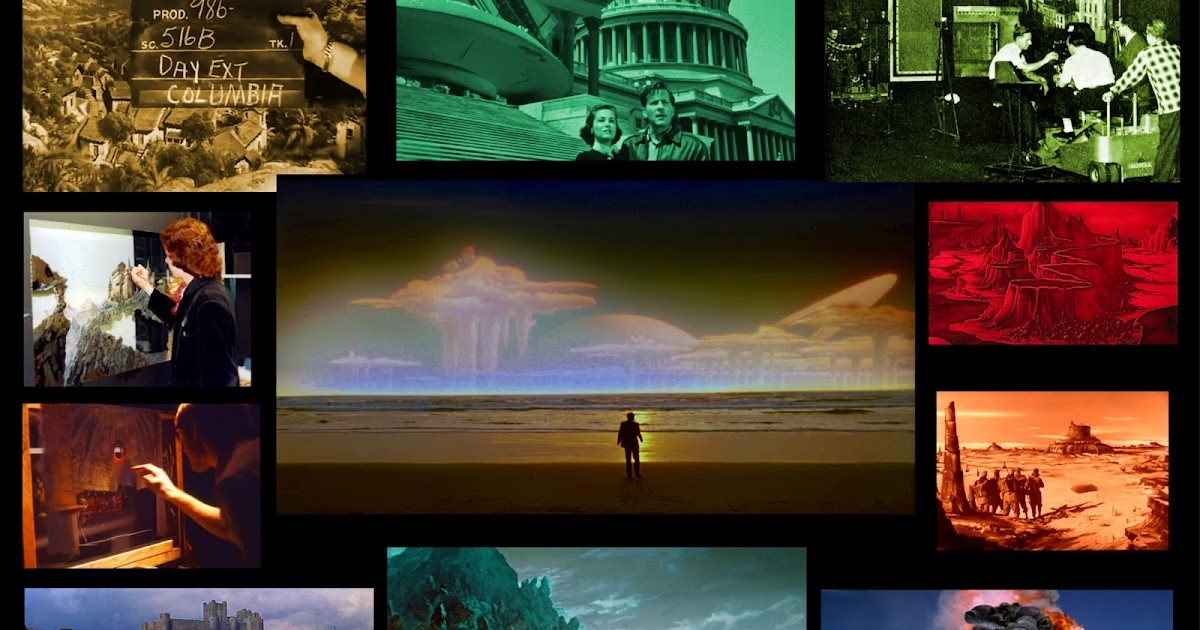Movie fandom is more than just a casual interest; it’s a deep-rooted phenomenon with complex psychological underpinnings. From passionate collectors to dedicated cosplayers, movie fans exhibit a range of behaviors that reveal fascinating insights into human psychology.
The Power of Escapism:
One of the primary drivers of movie fandom is the desire for escapism. In a world often filled with stress and uncertainty, movies offer a welcome escape from reality. They transport us to fantastical worlds, allow us to live vicariously through the lives of captivating characters, and offer a temporary respite from the pressures of everyday life. This escapist function is particularly appealing to those seeking solace, adventure, or a sense of belonging.
Social Connection and Belonging:
Movie fandom fosters a strong sense of community and belonging. Shared passions for films can bridge social divides, bringing people together from diverse backgrounds. Fan communities, whether online or offline, provide a space for individuals to connect with like-minded individuals, share their enthusiasm, and build lasting friendships. This sense of belonging is a powerful motivator for many fans, driving them to actively participate in fan communities and engage in fan activities.
Identity Formation and Self-Expression:
For many fans, their passion for movies is deeply intertwined with their identity. Engaging with films allows individuals to explore different aspects of themselves, experiment with new identities, and express their individuality. Cosplay, fan art, and other forms of fan expression provide outlets for self-expression, allowing fans to creatively engage with the characters and worlds they love.
The Thrill of Discovery and Collection:
The thrill of discovery is another key driver of movie fandom. The search for rare films, limited edition collectibles, and insider knowledge provides a sense of excitement and accomplishment. This pursuit can be likened to a treasure hunt, with fans actively seeking out new information and expanding their knowledge of their favorite films and franchises.
The Role of Nostalgia:
For many older fans, movies evoke powerful feelings of nostalgia, transporting them back to specific times and places in their lives. Films often serve as cultural touchstones, connecting individuals to their childhoods, adolescence, and formative experiences. This nostalgic connection can create a deep emotional bond between fans and their favorite films.
The Dark Side of Fandom:
While movie fandom offers numerous benefits, it’s important to acknowledge the potential for negative consequences. Obsessive behavior, online harassment, and toxic fan culture can sometimes emerge within fan communities. It’s crucial for fans to maintain a healthy balance, recognizing the importance of real-life relationships and avoiding excessive or harmful behaviors.
Conclusion:
Movie fandom is a multifaceted phenomenon with complex psychological underpinnings. From the desire for escapism to the need for social connection and self-expression, a range of psychological factors contribute to the passionate engagement of movie fans. By understanding the psychology of movie fandom, we can gain valuable insights into human behavior, social dynamics, and the enduring power of storytelling.
Disclaimer: This analysis explores general trends and observations about movie fandom. It is important to remember that individual experiences and motivations within fandom can vary greatly.






